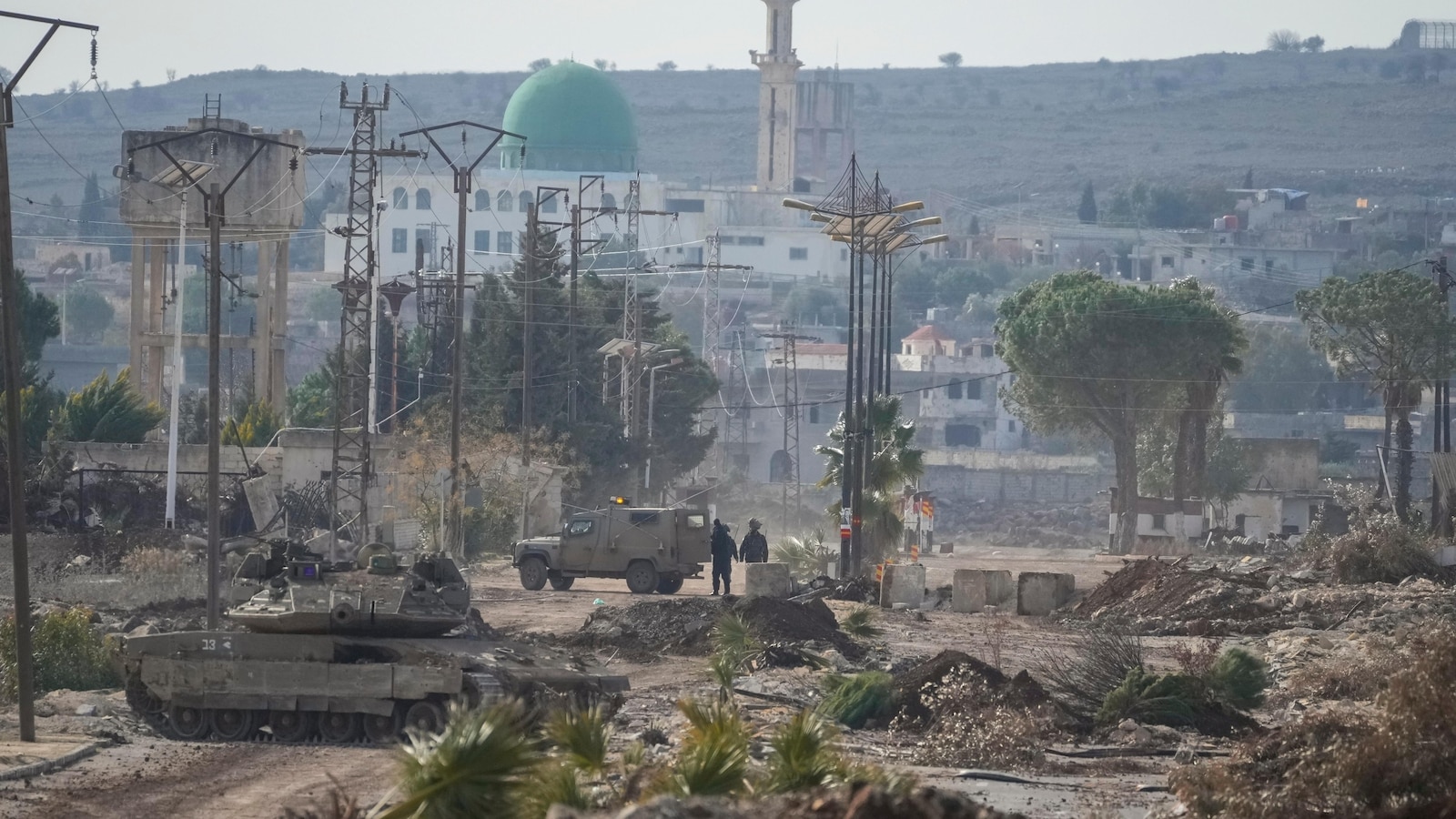GOMA, Congo — The Rwanda-backed rebels who captured eastern Congo’s major city of Goma have targeted relatives of fleeing Congolese soldiers, the families say, with the troops’ wives chased from military barracks and left stranded in the city while some of their children are allegedly being forced to join the rebellion.
As the M23 rebels swept into Goma in late January, they moved into military camps in and around the city, which had hosted hundreds of military families, and quickly emptied them of their relatives, the women said.
M23 is the most potent of about 100 armed groups vying for a foothold in Congo’s mineral-rich east. In a major escalation of their yearslong fighting with government forces, the rebels captured Goma and Bukavu, the region’s biggest cities, in fighting that has forced thousands of soldiers to either flee or surrender while at least 2,000 people have been killed.
After being forced to leave military camps in Goma, many families of fleeing Congolese soldiers are sheltering in temporary settlements, including schools where their belongings lie around and where several families are cramped in some classrooms. At the shelters, they spoke to The Associated Press about their new life of hardship and uncertainty.
All that Francine Kayenga and her three children managed to save as they were chased out of the Mubambiro military base in Masisi territory were some clothes and a mat. Her husband died recently in the conflict.
“I cry every night,” said a distraught Kayenga, who is heavily pregnant. “If I didn’t have my children, I would have ended my life.”
Unlike in 2012 when M23 first captured Goma and withdrew after days as international pressure grew, their rebellion this time is different in various ways.
The group has spoken of unseating the government of Congolese President Félix Tshisekedi. They are attempting to gain more ground despite calls for a ceasefire and they have been bolstered with around 4,000 troops from neighboring Rwanda.
M23 leaders have also promised to “cleanse” the cities of alleged bad governance and insecurity.
Albertine Malongi, whose husband is among Congolese soldiers killed in the conflict, said that her 19-year-old son fled Goma amid news that the rebels were forcefully conscripting people in their fight against government forces.
“They want all the older boys, especially the sons of soldiers, to join their army,” said Malongi, 33.
The AP couldn’t independently verify news of the forced conscription. However, the U.N. human rights office has reported cases of “child and forced recruitment” as well as “summary execution of children” by the rebels in areas they control, particularly in Bukavu, the South Kivu provincial capital.
“We call on Rwanda and M23 to ensure that human rights and international humanitarian law are respected,” the U.N. rights office has said.
M23 has continued their fighting with Congolese forces in a push to expand to other parts of eastern Congo while asserting their control in Goma and Bukavu. They have spoken of quickly reopening schools, raising fears among the families about where next they would settle when studies resume in the classrooms hosting them.
“We don’t know where we’re going to live, where we’re going to go (because) our houses had been burned (and) we don’t know if our husbands are still alive,” said Mwamini Tusawe, 37, at Furaha Primary School.
At both that school and Rutoboko Secondary School, among the temporary settlements, children play around the school premises as their mothers are settling into a new life.
Several women were also seen selling what they could from their belongings to get money for their family’s next meal.
Peace and safety also continue to elude them, with M23 rebels often appearing in search of the soldiers.
Lucie Mapasa, who lost her husband in the conflict, recalled the horror of the M23’s last visit to the shelter.
“They pointed a gun at me demanding to know where my husband was,” Mapasa said. “I showed them my children and explained that their father was dead.”
Inside the classrooms are wall paintings and pictures of learning materials. But education seems to be their lowest priority as many are fast running out of food.
“We’ve sold everything just to eat,” said Louise Sabina, a 39-year-old mother of 10. “One day, there will be nothing left, and we will starve.”
___ Africa and development: https://apnews.com/hub/africa-pulse
___
The Associated Press receives financial support for global health and development coverage in Africa from the Gates Foundation. The AP is solely responsible for all content. Find AP’s standards for working with philanthropies, a list of supporters and funded coverage areas at AP.org.




Leave a Comment